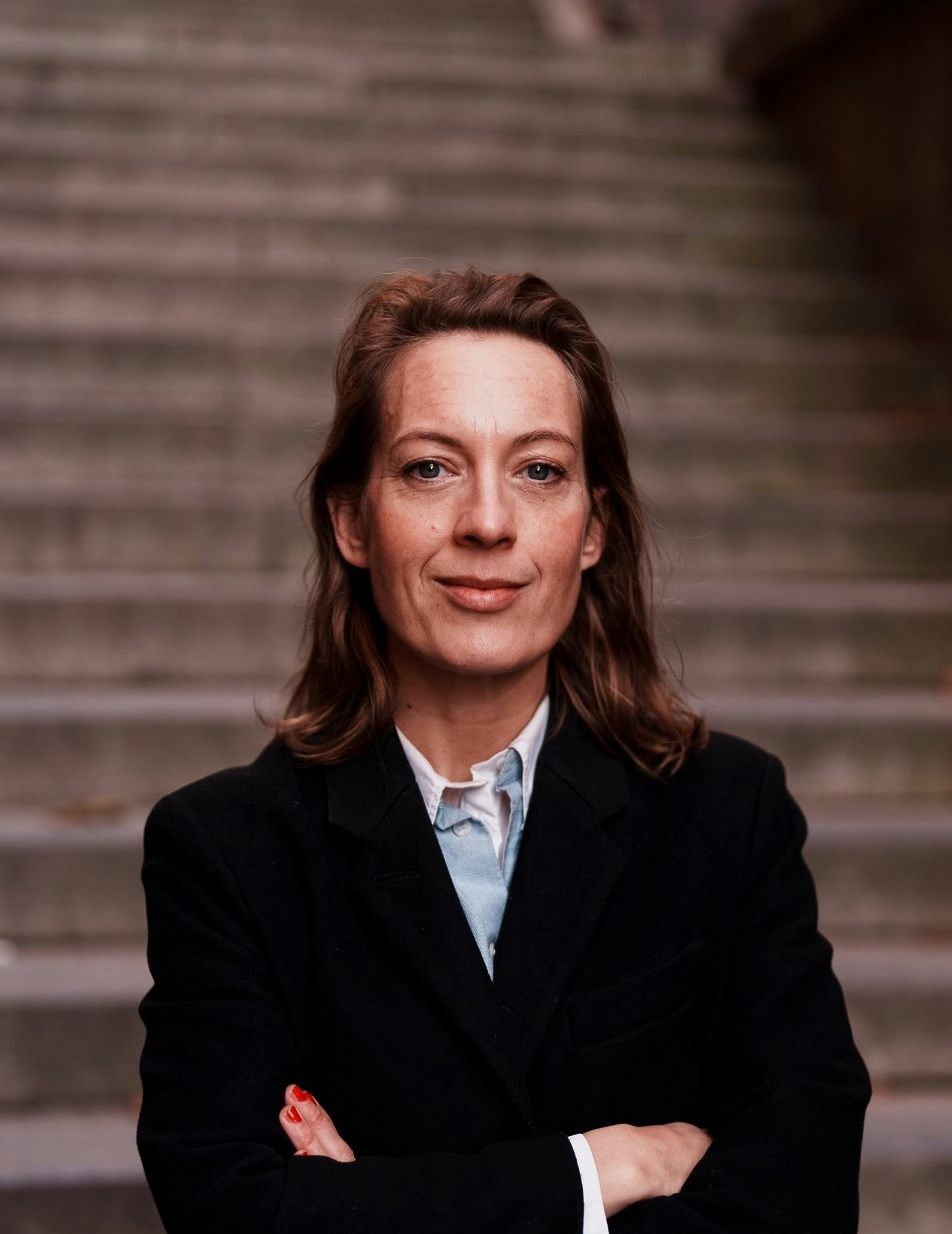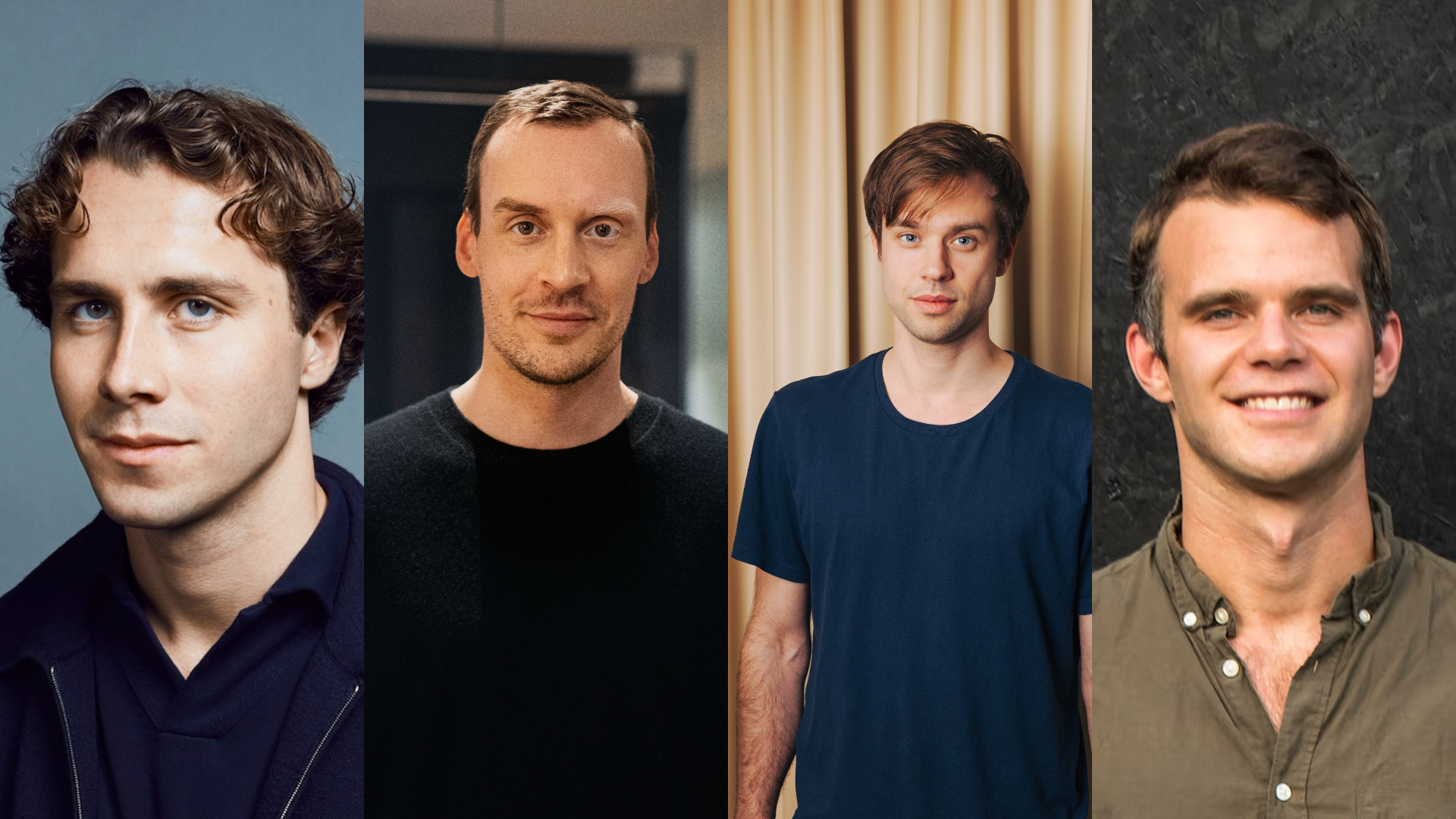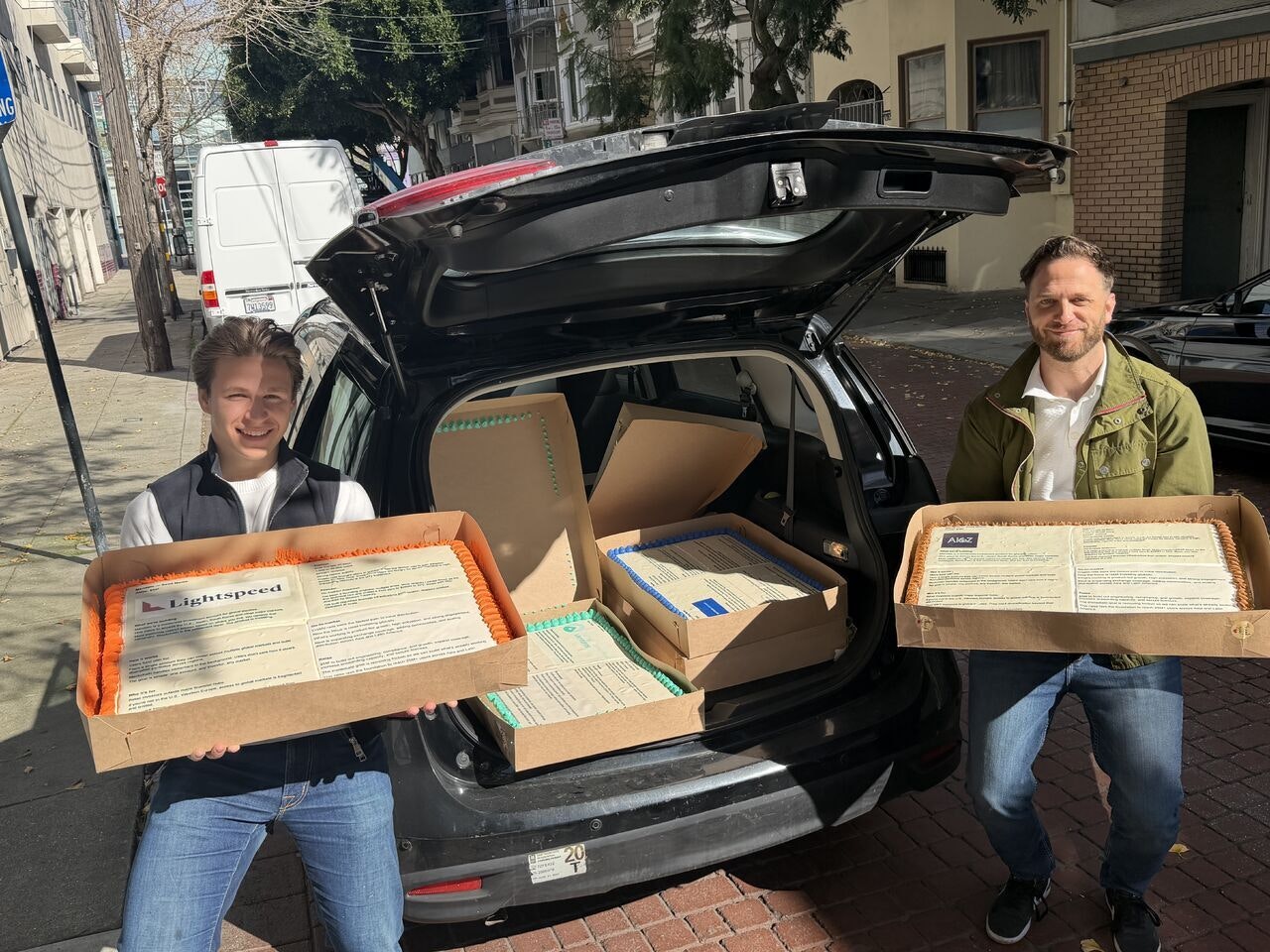This article is part of a Sifted series exploring European tech’s relationship with the Gulf.
Mihai Mărcuță uses a UV umbrella when he walks around Dubai. “If I use a normal umbrella, I still get burnt,” he says, hailing from the cooler climes of Moldova and not quite used to the beating Emirati sun.
Mărcuță is one of a new crop of European founders choosing to build their startups in the United Arab Emirates, which has said it wants to create 20 tech unicorns by 2031. And he’s in famous company: Pavel Duvol, the Russian founder of Telegram, reportedly has a villa in Jumeirah Islands, a luxurious community man-made archipelago off Dubai. Guillaume Pousaz, the Swiss founder of fintech Checkout.com, was also a Dubai resident until last year.
The Emirates has always pulled in a lot of workers from overseas. Just 11% of the population are Emirati nationals, with the remaining migrant labour force split between low-wage workers — primarily from South Asia — and the kinds of “expats” who share the Jumeirah Islands with Duvol.
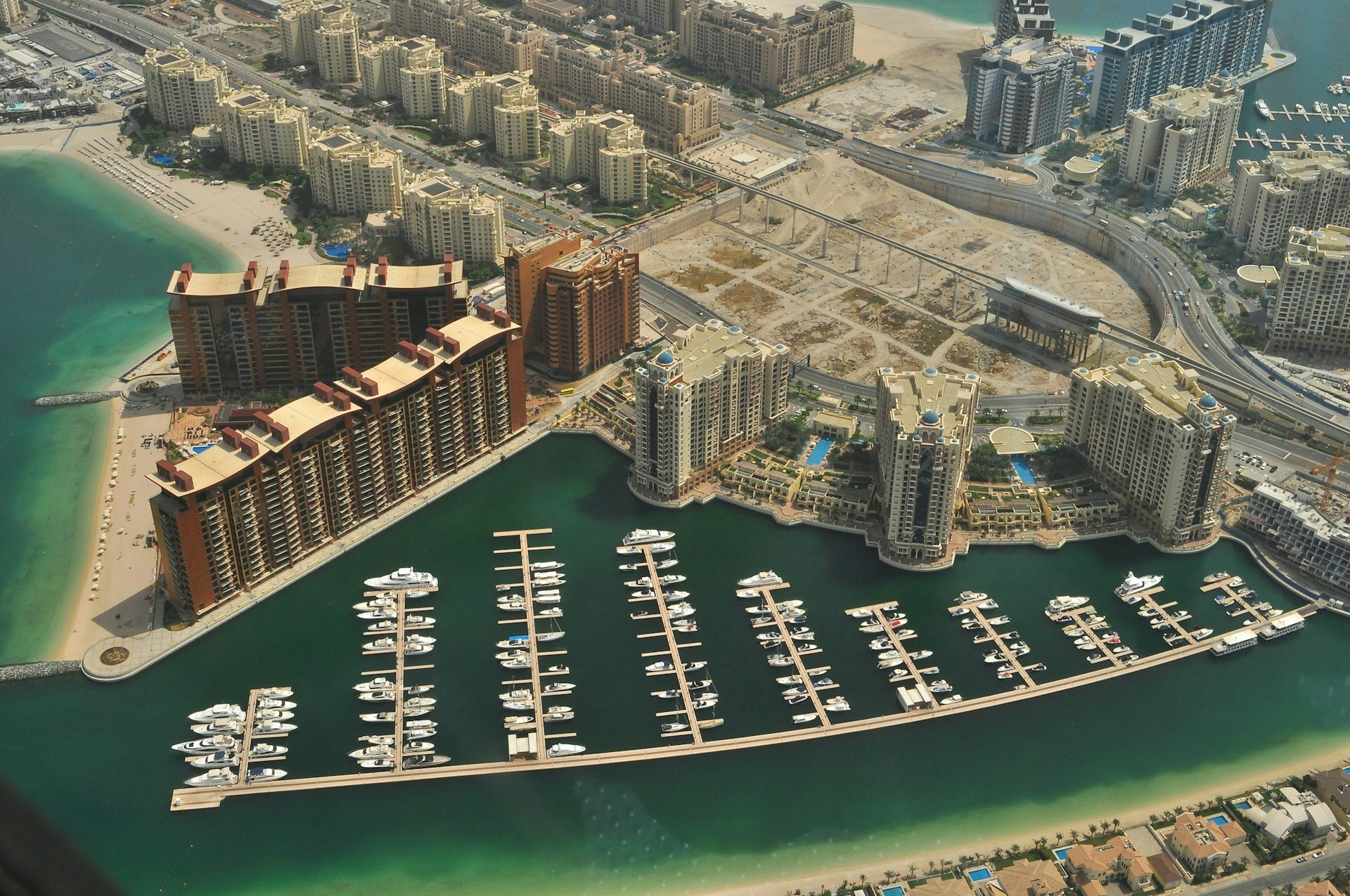
Tech founders are drawn to a low-taxation country with large untapped markets ripe for tech disruption, as well as the lifestyle the UAE can offer. Just don’t, founders say, come to the region only to ask for capital.
‘You don’t get this level of safety in San Francisco anymore’
Mărcuță’s company, NodeShift, aggregates spare data centre capacity across the globe and sells access to it. For that, NodeShift needs skilled engineers who can work on hardware and software. Problem is: they’re pricey.
“An engineer’s salary in California is $400k-500k,” Mărcuță says, “or over a million for the top talent.” As a solution, NodeShift decided to cut what it would pay engineers; but offer to relocate them to Dubai.
“Here they don’t have to pay tax and the quality of living is higher: the infrastructure, the weather, the safety,” he says. “You don’t get this level of safety in San Francisco anymore.”
Everyone NodeShift has spoken to for hiring has been up for relocating to Dubai, Mărcuță says. It’s a particularly popular choice for families looking for cheaper housing than America’s west coast can offer.
Mărcuță says that the lifestyle offered to families is what tends to tip the balance – as opposed to the draw of parties and beaches that Dubai is known for.
“Kindergartens here are English speaking, Hindi speaking, Russian speaking, any language you need,” he says.
Mărcuță’s cofounder is from Russia — a cohort of the Emirates’ tech scene that he says has seen a large uptick since the invasion of Ukraine. The UAE, unlike most other developed economies, has not sanctioned Russia.
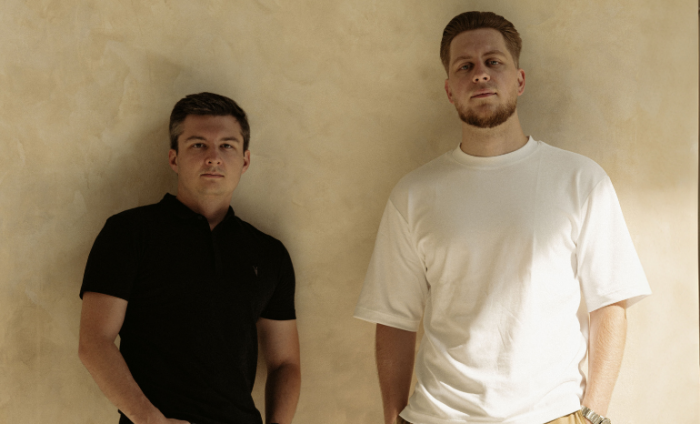
Covid was also a trigger for more tech talent to move, founders say. The UAE was one of the first business centres to reopen post-lockdown, meaning entrepreneurs were flying into the region while European capitals were locked down — and some stayed on.
‘If you come for the taxes, it‘s not the right reason’
Mărcuță himself splits his time between several countries — with NodeShift’s engineers in Dubai and its sales team in America.
For founders looking to sell specifically into the Gulf markets, the move to Dubai looks different. Sophia Parvizi-Wayne founded Kanjo — a platform to help clinicians diagnose mental health conditions earlier — in the UK, going through Entrepreneur First, before pivoting to focus on the Gulf market.
If you want to have an active presence in the region, building a product that it needs is crucial.
Kanjo focuses on childhood mental health — a problem that Parvizi-Wayne says the Emirates is urgently wanting to tackle, which led to her being invited to join an accelerator in Abu Dhabi, focused on tech tools for early childhood.
She says that entrepreneurs need to think hard about product-market fit in the region, and not just relocate there due to the financial carrots on offer.
“Localisation does not mean taking your product and dumping it in another country,” Parvizi-Wayne says. “Anyone that comes to Dubai for taxes or because they can't raise in Europe: it's not the right reason.”
Other European startups with a significant presence in the UAE include audio ad startup AudioMob, founded in the UK, which now has offices in both Abu Dhabi and London.
The race to draw in talent
Dubai has “free zones” dotted across the city: areas which offer incentives, like help with visas and lower incorporation fees, for companies to register in that area. A popular one — particularly with fintechs — is Dubai International Financial Centre (the DIFC), an area where the architecture resembles London’s Canary Wharf.
“As a founder, you’re spoiled for choice,” says Kayode Odeleye, who started his company, Canea, in the UK before moving to Dubai. Caena works on financial literacy tools for founders.
Startup hubs also act as “free zones”, meaning companies get incentives to relocate and join them. In Dubai, there’s In5, which offers lab space and helps registering your company. In Abu Dhabi, sovereign wealth fund Mubadala runs Hub71, which offers free office space, housing and a ten-year visa for startups.
Joining a hub can help navigate the ecosystem and give startups a leg up on the paperwork when you first arrive, says Odeleye. Another route taken by companies who need to build networks is to join a trade mission — where governments pay for a trip to a particular country and make introductions for companies to local players.
Investors might have their thoughts on the location you choose too. One founder says their investors advised them to base themselves in Abu Dhabi “to avoid the distractions in Dubai”.
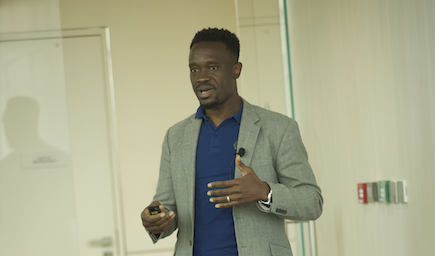
Don’t try a Sam Altman-style tour of the Gulf
In 2023, OpenAI founder Sam Altman went on a whistle-stop tour of the UAE, praising the country for its early focus on AI. It might have helped the ChatGPT creator make friends and influence people; but it’s also spurred on some founders to think that a quick visit to the region can result in easy capital — particularly when fundraising in Europe is tougher.
“People are thinking that there's money in the Gulf,” says Odeleye. There is a lot of money, he says, but local funds like Mubadala are normally looking to deploy large sums of capital into later-stage companies.
“Don't assume everyone's going to throw money at you just because you're a London-based company,” says Parvizi-Wayne. “People are smarter than that.”
Finding early-stage capital in the region can still be difficult, as the region’s tech ecosystem is younger than places like London or Paris, so there are less founders who’ve cashed out and are putting their money back into tech.
“The angel investment landscape is less developed here which is a challenge for early-stage founders,” Odeleye says.
Parvizi-Wayne’s startup Kanjo is raising a round and has secured the backing of the Abu Dhabi Investment Office and several of the region’s institutional VC funds.
Building relationships and showing an on-the-ground presence early was key to fundraising, she says.
“For example, we’re meeting someone important in Saudi and he asks if we’d like to meet in person? If I say, “No, I’d prefer Zoom,” it doesn’t look good. So I’m going to jump on the plane for a day.”
6th May: this article was updated to reflect that Guillaume Pousaz relocated from Dubai within the last year.

